The Rusty Toque Recommends the Hilary Weston Writers' Trust Student Nonfiction Writing Contest7/19/2015
The Rusty Toque is thrilled to recommend this brilliant and powerful story which won the 2015 Hilary Weston Writers' Trust Student Nonfiction Writing Contest. Outside the Window, a Billion Stars Are Moving Past Me at the Speed of Light |
He looked up to the hills surrounding the cove, sunlight making them ring with meltwater. He’d always loved that sound, waited for it each spring. Hearing it made him certain of the place he came from. He’d always felt it was more than enough to wake up here, to look out on these hills. As if he’d long ago been measured and made to the island’s exact specifications. |
superimposed on the ancient picture there, a ghostly image hovering in the background, as if he was a second exposure on the same strip of film. A figure bled of detail and substance, so that all the world showed through him. Moses Sweetland. This is he. |
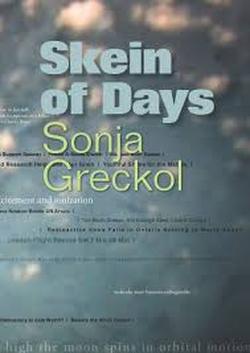 SKEIN OF DAYS
SKEIN OF DAYS By Sonja Ruth Greckol
Pedlar Press, 2014
Found poems consisting of garbled headlines introduce the reader to the vocabulary that typified the era. Occasionally I felt as though I were there absorbing the news as though skimming a journal over a train passenger’s shoulder or half-listening to the radio. An amazing range of issues is considered: the new feminism, guns & butter, mining, farming, first nations peoples, the Cold War, poverty, as well as lives of ordinary Canadians.
Highlights are the lyric poems that book-end the volume and appear intermittently throughout. The initial untitled poem introduces us to Greckol’s view of what constitutes history and the “intricate textual rhythms” of her language:
The hidden, the obscure fall
outside sweep to dark surround
audible barely discernible manifest
and something is added to history
Change accumulates time, weaves rhyme geographic
vultures disappear one by one suddenly Parsi cannot bury
their dead
in the Tower of Silence no
vultures for food
where small things that can’t thing up
lie between here and not
How can I tell you something is out there: something that I must
live to aspire to, whether a pulse, debris, perhaps blank…
1962
…the first rainbow first snow first falling star Cuba expulsion
costly to U.S. the Red and the Thames are
never so sweet to skate upon swim in or breaking up is hard to do
begins baptism with silver and light…
You can read an excerpt for Skein of Days in Issue 6 of The Rusty Toque
Our Nobel Laureate’s Ignoble Canada
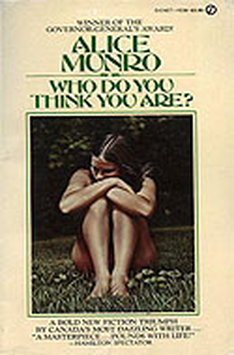 Who Do You Think You Are?
Who Do You Think You Are? Alice Munro
1978, Macmillan of Canada
Like the earlier Lives of Girls and Women, Who Do You Think You Are? is a collection of linked stories occupying the rich and indefinite middle ground between the short story and the novel. The book follows Rose through her development in the small southern Ontario town of Hanratty, her departure for university, an early failed marriage and an itinerant professional life that sees her work as a radio announcer, a sessional college instructor, an interviewer, and a stage and television actor most well known for playing a supporting role on a thinly veiled fictional version of The Beachcombers. Born into poverty on the wrong side of town, Rose is indelibly marked (it would be just as accurate to say, irreparably damaged) by the casual violence, class stratification, and restrictive sexism that is the ugly flip side of the small town idyll, and the stories read as a wide ranging exploration of the legacy of her traumatic upbringing.
Munro is regularly dismissed as a mothers’ or grandmothers’ writer, praised for the richness of stories that focus on the domestic, the feminine and the local, and passed over for the same reasons that she is praised. Readers will find all the expected strengths in Who Do You Think You Are?: the stories shuttle fluidly back and forth through time, relying more often on thematic connections than on the resolution of plot to achieve their effects; the characters in individual stories have a depth and complexity rarely found outside of novels; the personal and interior lives of women are drawn with penetrating insight and a deft touch; it makes sense to call her our Chekov.
But there is a great deal more to this book than the caricature of Munro as a talented but anodyne domestic realist allows. Who Do You Think You Are? persistently juxtaposes Rose’s disempowerment, the social restrictions placed on her professional, romantic and emotional lives, with the power and entitlement of men who exercise the freedom of their advantages with unselfconscious impunity, often at the expense of women.
This imbalance is introduced in Hanratty, but it is not limited to the small town. In British Columbia and Ontario, among the rich and the rural poor, with intellectuals, bohemians and business people, Rose encounters that same pattern, and, as the stories accumulate, they build up to a quiet but damning indictment of a society defined by a pervasive misogyny. Munro may be best known for her interest in the domestic, the feminine, and the local, and Who Do You Think You Are? is all of these things, but it is also political in its concerns, feminist in its orientation and national in its scope. At a time when Canadians are celebrating her, it is a reminder that our Nobel Laureate has been sharply critical of her country, and she is worth reading or re-reading because of it.
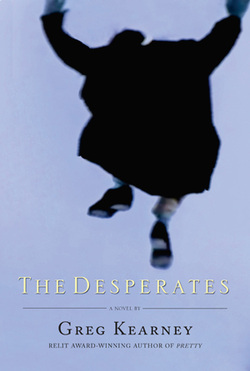 The Desperates
The DesperatesGreg Kearney
Cormorant, 2013
Granted that the intersecting stories of failed spoken word poetry debuts, failed religious conversions, failed launches of button exhibitions—yes, you read those correctly—may not initially appear as mechanisms of survival, but deeply entrenched in Kearney’s novel is a clinging to failure as coping method. If these characters fail to live, then they also live to fail.
Take Edmund, who after years of shuffling around his old mansion following the death of his lover, finds himself pursuing the much younger, meth-addicted singer-who-doesn’t-sing Binny in a Toronto dive bar. As Edmund joins Binny in constant pursuit of drugs and kinky sex, he discovers networks of other AIDS survivors coping with their isolation and loss in similar ways.
Then there is Teresa, who copes with her terminal cancer by seeking revenge against her unwitting enemy, Jocelyn, by attempting to seduce Jocelyn’s mayor husband. After initially feigning interest in attending Digger’s church, Teresa becomes enamored with religious life, and attempts to find community while unknowingly befriending the church’s more fanatical, and outcast, members. One scene finds Teresa in the midst of a botched exorcism, which she conflates with standard religious practice. Proving once again that misery loves company, Teresa doggedly pursues these outcast members of the congregation only to be finally rejected by them.
While such acts of desperation may not seem like the makings of comedy, Kearney’s novel is serious about frivolity. Grandiose gestures follow each other so swiftly that they are ultimately (and intentionally) rendered banal, leaving behind a series of misfits who one-up themselves in borderline slapstick fashion. But behind comedic turns, The Desperates exposes a world populated by the unattended, the socially isolated, and the profoundly lonely. As society’s attention turns away from AIDS suffering, so too does its sympathy for Edmund. Edmund’s attempts at nighttime adventure—if I can call it that—with Binny come to mask a dearth of possibilities for Edmund in the light of day. And Teresa’s attempts at the brink of death to achieve ‘the good life’ only emphasize her remove from a society whose approval she so desperately craves.
Kearney’s prose is fast paced and light footed, and the novel is written in such a way that Kearney provides only kernels of insight, aptly leaving the reader to decipher the social mores of church going and drug dealing. Kearney far from holds back in his stark, and occasionally devastating, renderings of poverty, addiction, and the effects of a stilted imagination. In the end, The Desperates resolutely refuses to provide its cast of characters with redemption of any sort: Edmund will continue to shuffle, Teresa will die. But in failing to survive, in being desperately desperate, each will have left their mark.
In the spirit of supporting writing—especially writing that's off the radar or under appreciated—we want to know what you are excited about reading and what you think we should be reading.
Your recommendations should be paragraph length (approximately 250 to 300 words) and should briefly summarize the book and detail why you are recommending it or why you think others should read it.
Send our reviews editor Aaron Schneider your recommendations of Canadian and International fiction and poetry.
Please write "Rusty Recommends" in the subject line. Include your (250 to 300 word) recommendation, name, and a link to your website, blog, or social media site (if you have one).
Selected recommendations will be posted on our website. We will contact you if your recommendation is selected for publication.
There is no payment for publication of Rusty Recommends.
Archives
July 2015
May 2015
April 2015
November 2014
August 2014
May 2014
March 2014
May 2013
April 2013
September 2012
August 2012
Categories
All
Aaron Schneider
Alex Carey
Alice Munro
All Lit Up
Amy Mitchell
Anne Carson
Arleen Pare
Basia Irland
Chris Gilmore
Christine Leclerc
E. Blagrave
Experimental
Fiction
George Bowering
Greg Kearney
Greg Klymkiw
Karen Inns
Kate Hargreaves
Lee Gould
Martha Schabas
Matthew Halse
Nico Branham
Nonfiction
Oana Avasilichioaei
Poetry
Poetry Month
Poetry Primer
Robert Walser
Rusty Recommends
Short Fiction
Skein Of Days
Sonja Greckol
The Desperates
Writers' Trust Student Nonfiction Writing Contest
Wu Ming
Dr. Aaron Schneider completed a PhD. in Canadian Literature at Western University where he currently teaches courses in public speaking, political rhetoric and Canadian Literature. He is excited about bringing together his interests in World and Canadian Literature. He is the co-founder and co-editor of The Rusty Toque and Western's online student journal Occasus.



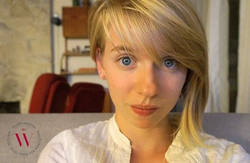
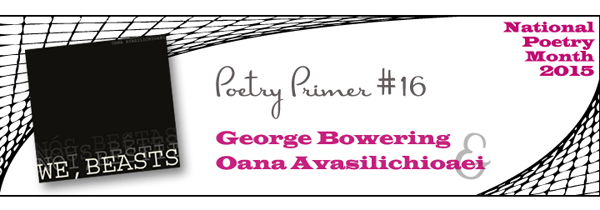
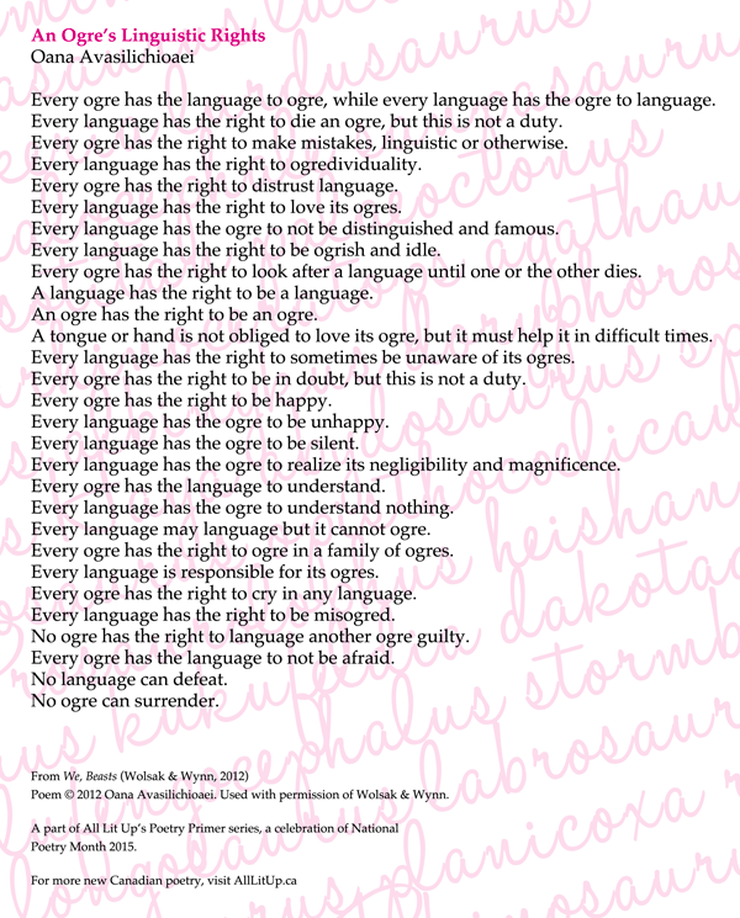
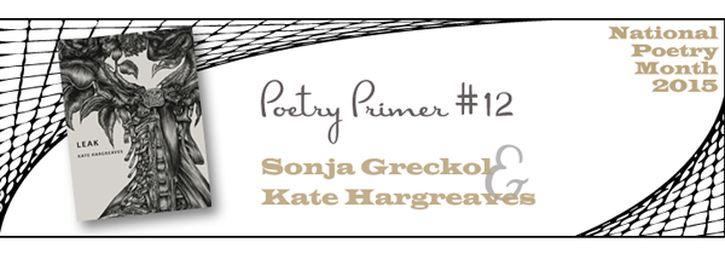
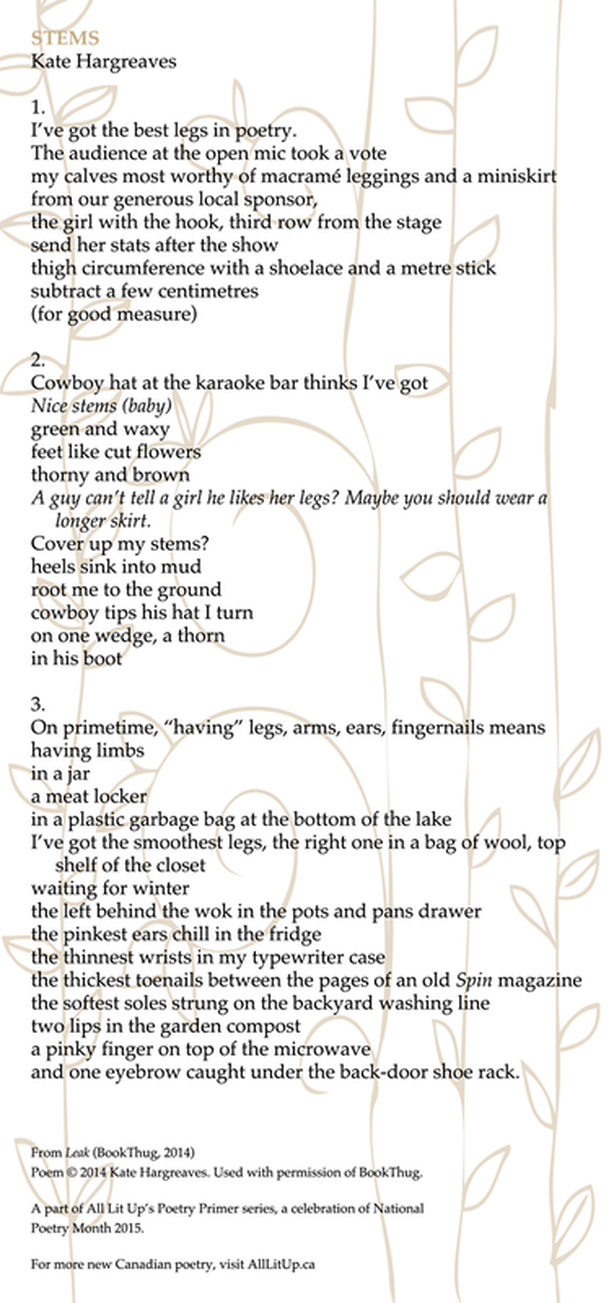
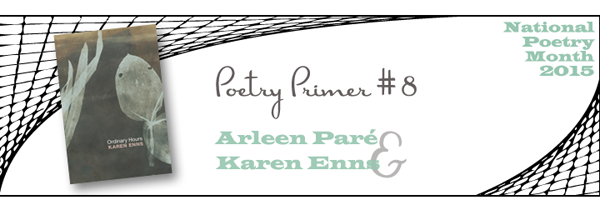
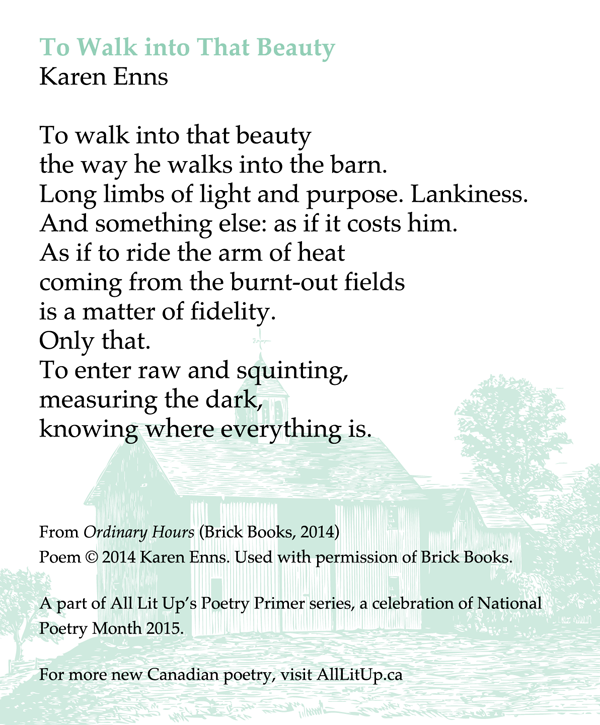
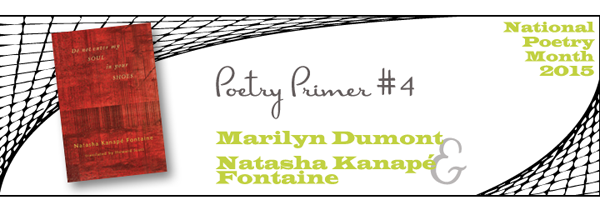
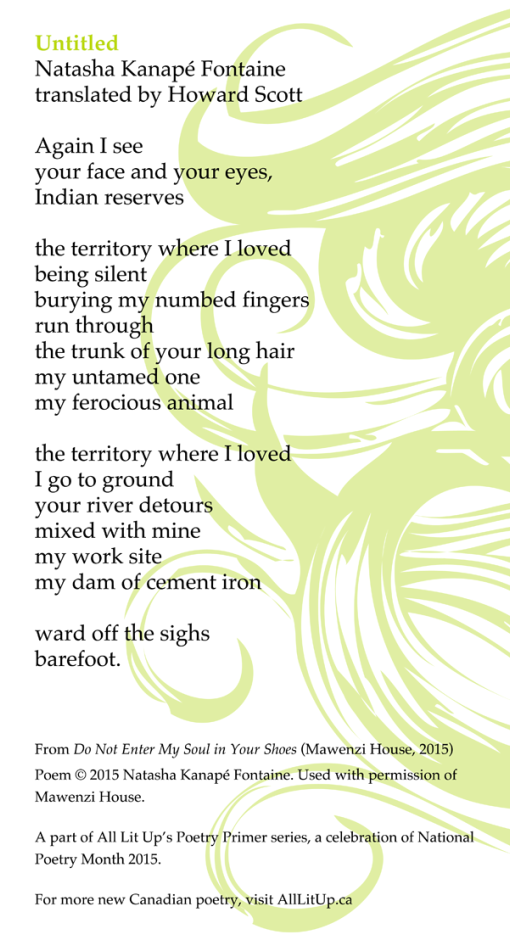
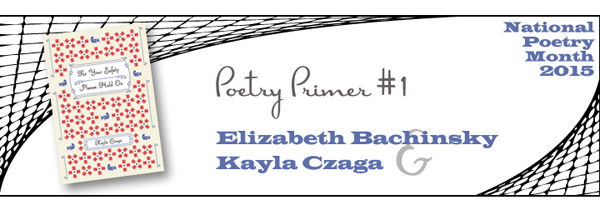
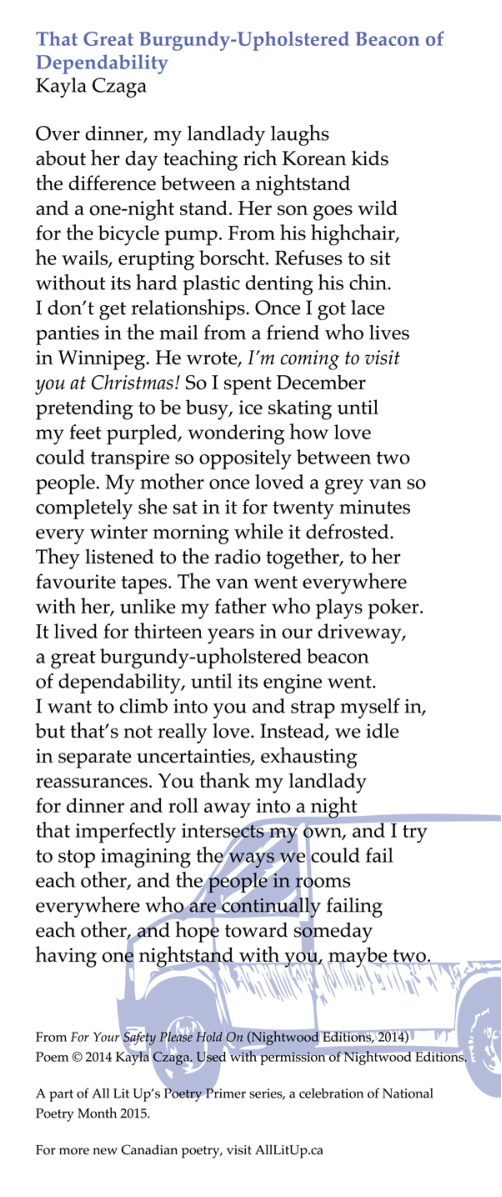
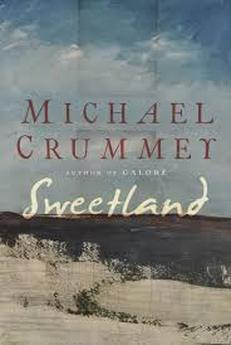
 RSS Feed
RSS Feed
